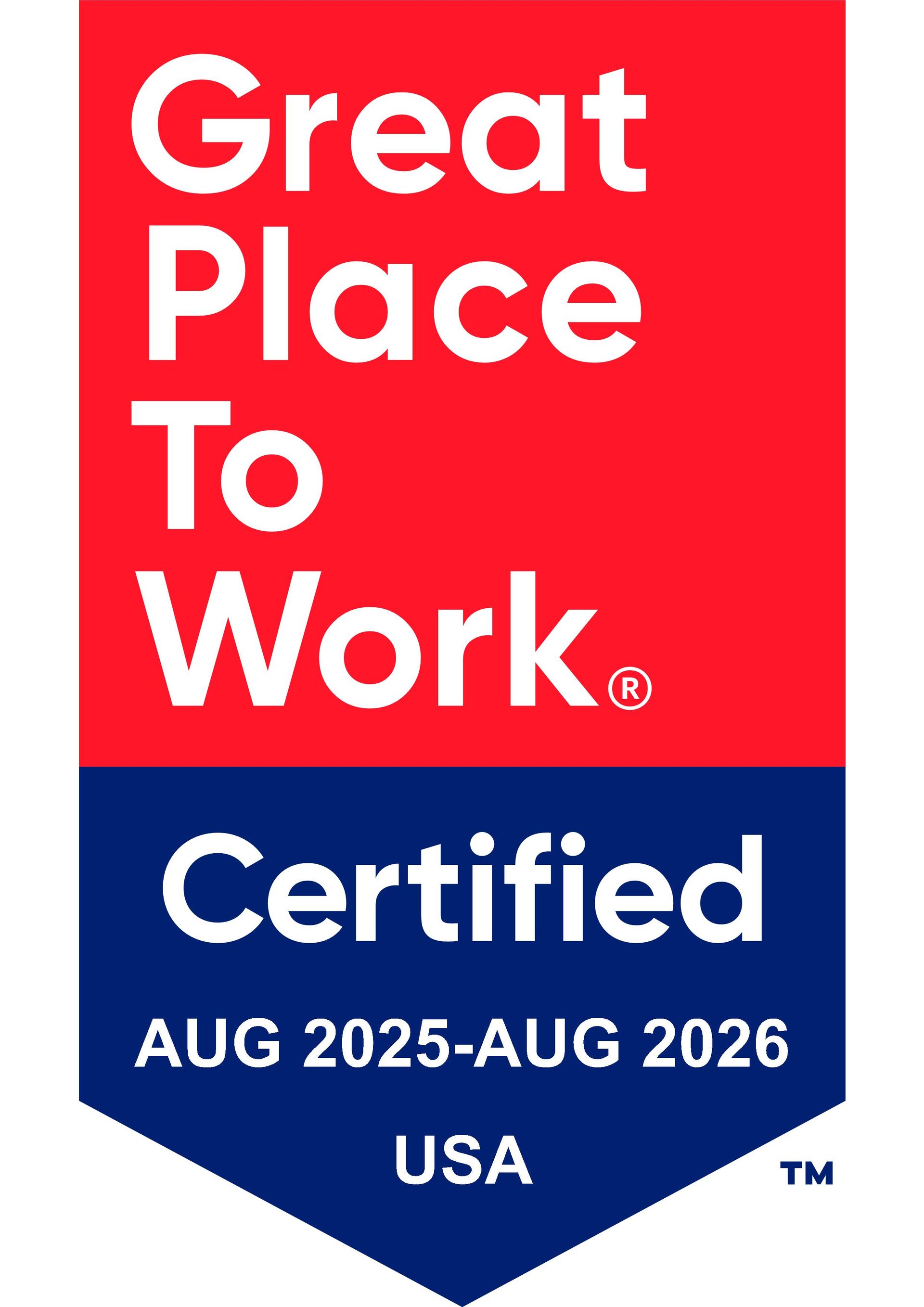
Employee Benefits Compliance Toolkit
18 July 2022

Qualifying employers offering certain group benefits to their employees are required to comply with various legal requirements. These requirements include numerous types of notifications, disclosures, and reporting. Below is a list of items that every employee benefits compliance toolkit should include for business compliance on a federal level.
Note: In some instances, state and local laws might require additional notifications, disclosures, and reporting to be met, so it’s essential to check with your legal and benefits administration team to ensure you’re fully compliant on all levels—federal, state, and local.
Required Notifications and Disclosures
Children’s Health Insurance Program (CHIP) Reauthorization Act Notice
Employers that offer group health plans in states where CHIP is offered must notify employees of the potential for premium assistance under CHIP or Medicaid for health coverage for the employee of their dependents. Such notifications are required at enrollment and yearly.
Consolidated Omnibus Budget Reconciliation Act (COBRA) Notices
Organizations with at least 20 employees with a sponsored group health plan must provide written notice of COBRA continuation coverage rights to qualifying employees and their spouses. The written notice must be proved in plain language that is easy to understand within 90 days of coverage initiation.
A COBRA notice must also be sent within 14 days of a qualifying event to terminate benefits, such as employment termination, and to inform participants of their COBRA rights and the importance of notifying the employer when a qualifying event, such as a divorce, occurs. Additional COBRA notices are required and often handled by the COBRA administrator, such as when a participant loses eligibility or is late on payments.
Family Medical Leave Act (FMLA) Notices
The FMLA requires various notices and disclosures to employees. First, a general notice must be displayed where employees and applicants can easily view it. A written eligibility rights and responsibilities notice must be provided to employees who request FMLA leave. Finally, a designation notice needs to be provided to the employee, informing them if the leave requested is designated as FMLA leave.
FMLA forms can be accessed on the DOL’s FMLA Forms page.
Grandfather Plan Notice
Those offering a grandfathered plan must provide participants periodically with a special grandfather notice outlining plan benefits. Fewer and fewer employers offer grandfathered plans, with the likelihood that they’ll eventually phase out altogether.
Health Insurance Portability and Accountability Act (HIPAA) Certificate of Creditable Coverage
A plan participant or beneficiary is entitled to request a HIPAA certificate of credible coverage under an earlier medical plan to reduce the time a current plan can impose preexisting condition exclusions. The insurer or plan sponsor issues such certificates, which are required for any employer offering medical coverage.
HIPAA Privacy Policies and Practices
Written privacy policies and procedures must be provided to participants by health plans as it relates to protected health information (PHI). Some of the information outlined in a HIPAA notice includes:
• Permitted uses and disclosures
• Designation of privacy official and contact
• Authorization requirements
• Privacy safeguards
• Complaints filing procedure
• Prohibition of retaliation
• Waiver of rights
• Documentation and record retention processes
HIPAA Security Policies and Practices
Benefit plans that store or transmit PHI need to establish written policies related to the transmission and maintenance of PHI.
Healthcare Reform – Employee Notice of Exchange
Employers subject to the Fair Labor Standards Act (FLSA) must provide all current employees and new hires with information about health insurance exchanges outlined by the health care reform law. In addition to other information related to the Exchange, the notice highlights how employees can access the Exchange and receive a premium tax credit or a cost-sharing reduction if the employer’s plan doesn’t meet minimum ACA requirements.
Medical Child Support Order Receipt and Determination Letters
Employers that offer medical coverage need to have written procedures for processing and determining Medical Child Support Order qualifications. Employers must respond to such notices within 20 business days of the notice’s date.
Medicare Part D Notice of Creditable Coverage
If a group health plan provides prescription drug coverage to individuals that qualify for Medicare Part D coverage, the plan must issue a disclosure notice to Medicare Part D qualified participants, including those that apply for coverage.
Mental Health Parity and Addiction Equity Act (MHPAEA) Notice
Group health plans with more than 50 employees that offer mental health and substance use disorder benefits must provide an MHPAEA notice. The MHPAEA requires such group health plans to offer the same level of benefit and care for mental health and substance use disorders as they do for general medical or surgical benefits.
Newborns’ and Mothers’ Health Protection Act
If maternity or newborn coverage is provided, a notification is required that states that a stay for a standard delivery is not less than 48 hours and for a cesarean section is not less than 96 hours.
Notice of Patent Protections and Selection of Providers
All plan administrators and issuers of medical insurance must provide guidance on patient protections and the selection of providers when the summary plan description (SPD) is issued to plan participants. The guidance on patient protections and selection of providers relates to one’s choice of a health care professional and emergency services benefits.
Notice of Special Enrollment Rights
Plan administrators are required to notify eligible plan participants of enrollments rights, including what qualifies as a special event for enrollment outside of open enrollment, like adoptions, birth, and initiation of employment.
Summary of Benefits & Coverage (SBC)
Upon application for coverage or renewal of medical insurance, a summary of benefits and coverage (SBC) must be provided to plan participants and beneficiaries. Participants and beneficiaries must also be provided a 60-day notice of any material changes made to a plan mid-year. Third-party administrators and insurance providers typically create the SBC, which is then distributed by employers.
Summary of Material Modification
Any material modification or SPD information update must be provided to plan participants. Employers need to provide such notifications within 210 days following the end of the plan year that the modification or update is enacted.
Summary of Material Reduction Notice
Information regarding a material reduction in plan benefits must be provided to participants no later than 60-days following the enactment of the reduction. The following are examples of reductions that typically require notification:
• Reduction in service area covered by an HMO (health maintenance organization)
• Benefit elimination that was formally payable under the plan
• Increase in copayments, deductibles, or coinsurance
• Reduction in benefit payout amount for services
• New requirements or conditions for coverage added to the plan.
Summary Plan Description (SPD)
All ERISA-covered benefit plans must provide an SPD to participants and beneficiaries outlining their rights and obligations. Medical, vision, dental, life, FSA, disability, and HSA plans are examples of possible ERISA-covered plans that would require an SPD.
An SPD must include:
• Plan name
• Employer or sponsor name
• Employee Identification Number (EIN)
• Plan type
• Plan administrator’s name
• Administration type
• Address
• Phone number
• Name of contact for legal processes
• Plan year
• Eligibility requirements
• Benefit descriptions
• Claims processes
• Contributions and funding information
• ERISA rights statement
Women’s Health Act Notice
Employers that offer surgical and medical mastectomy benefits under their medical plans must notify plan participants that they offer them. Such communications are required at enrollment and yearly.
Required Reporting
ACA Reporting
Employers that qualify as applicable large employers (ALEs)—they had 50 or more full-time equivalent (FTE) employees in the previous year—need to provide a Form 1095-C to any employee that was full-time for at least one month. The forms must be issued by January 31, with a 1094-C transmittal sent to the IRS by February 28.
Information ALEs should track and collect in an HRIS or benefits tracking system for ACA reporting includes:
• Employee names
• Employee social security numbers
• Employee contact information, including address and telephone number
• The month coverage was offered to each employee
• The month the employee became eligible for coverage
• Lowest cost of employee monthly premium for self only
• Spouse and dependent names, social security numbers, and date of birth (DOB)
Form 5500
Form 5500 is required for group plans with 100 or more participants. The form must be submitted to the Department of Labor’s Employee Benefits Security Administration (EBSA) by day seven following the end of the plan year. Welfare and fringe benefit plans with less than 100 participants that are fully insured, unfunded, or a combination are not required to file Form 5500.
Summary Annual Report (SAR)
The SAR is required for those that must file a Form 5500. It summarizes Form 5500 and includes a statement about a participant’s right to receive a copy of the plan’s annual report.
W-2 Reporting
Per the Health Care Reform, employers with 250 or more W-2 forms in the year prior must disclose the aggregate cost of employer-sponsored health coverage on an employee’s W-2 form. The goal of this required reporting is to inform employees about the cost of their health coverage.
Seek Out Employee Benefits Experts for Support
In short, there are numerous laws pertaining to employment benefits that employers need to know and understand. These laws dictate important notifications and communications required to be issued to plan participants, as well as government reporting requirements. To fully appreciate what is necessary, each employer needs to review laws as it pertains to their unique circumstances, such as their particular benefits plans, participant and employee headcount, and business type. A legal employee benefits expert is a wise investment, as being out of compliance can be very costly to an organization as it relates to fines and court costs.
If you’re seeking support to ensure you have all the parameters covered for your employee benefits compliance toolkit, KBI’s team of experts can help. We have a team of resources to point you in the right direction to ensure you have your legal compliance checklist covered. Contact us today for more information.



